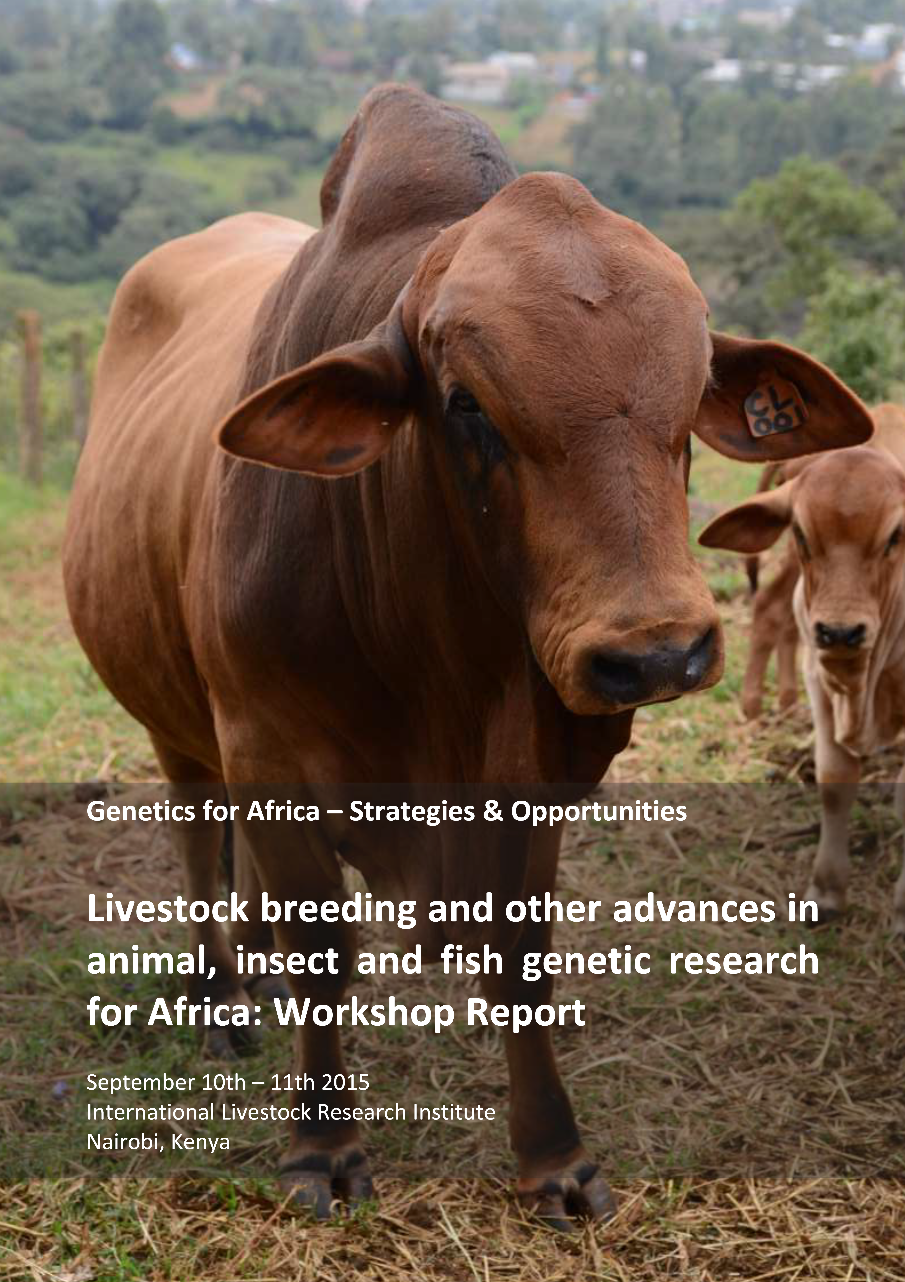The G4ASO project worked in Africa over 3 years to examine the breadth of genetic research (in plants, animals and humans) across the continent, the extent to which genetic research in and for Africa has a direct relevance to social and economic development, and how well understood and communicated that research is to regulators, decision-makers, the media and the general public – and the challenges that are faced in outreach, understanding, and therefore ultimately adoption of the outputs of such research.

Broadly, the findings have shown that outreach, public understanding and misinformation are challenges across the whole of genetic research in Africa – however, the challenges for animal research seem particularly challenging, in that this area is generally even less-well funding than plant and human research, and regulators are – in general – not sensitised to it. Even more challenging potentially is the sense that regulatory frameworks have been developed largely with crops in mind, and therefore their ability to deal sensibly with animal research and its outputs is untested, and will at worst result in an inability to regulate such research and may therefore prevent its uptake.
The project investigated these matters through three workshops, on new plant breeding technologies, animal and human genetics research respectively, with a follow-up workshop on trypanosmiasis-resistant cattle research at ILRI in Kenya, using that research as a model for how animal biotech engagement might be carried out in future. The project also produced a list of relevant research institutions in Africa, which is still under development.
Workshop reports are available below.
The work was made possible through grants from the John Templeton Foundation, the USDA FAS, and the Cambridge Malaysian Education and Development Trust. The views and conclusions expressed here do not necessarily represent the views of JTF, FAS or CMEDT.




